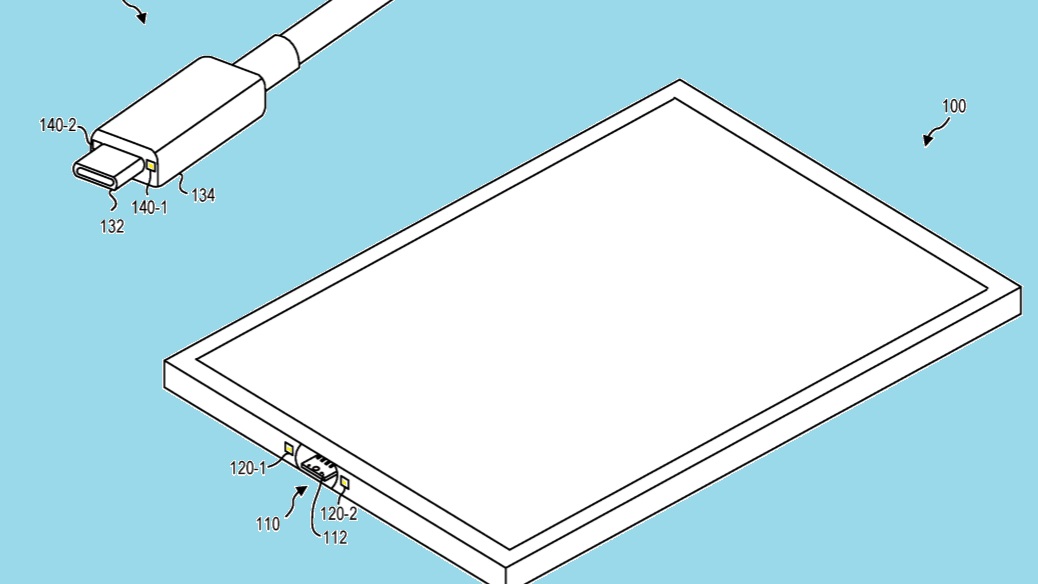Microsoft patents innovative magnetic USB-C Surface connector
Coming to a future Surface device?

A new patent has been spotted which suggests that Microsoft is looking into ways to add a magnetic USB-C port onto future Surface devices.
Microsoft has been frustratingly hesitant to add USB-C to its Surface lineup of tablets and laptops. USB-C allows for much faster data transfers and the ports can be used to charge devices as well, without being stuck with proprietary chargers that can be expensive to replace if you lose it.
The new patent, known as 'Magnetically activated latch mechanism' describes a USB-C port that uses magnets that allows people to easily connect the charging port, with the magnets holding the cable in place without users having to use much force to insert the cable.
Mag-neato
The patent describes a system similar to Microsoft's previous proprietary Surface connector, as well as Apple's old Magsafe system. Not only does the magnetic port hold the cable safely in place, but it means the port is less likely to get damaged by inserting the cable too strongly, or if you accidentally rip the cable out.
Best of all, it seems to work with USB-C. While the patent suggests that both the USB-C cable and the port will be magnetised, it will also work with standard non-magnetic USB-C cables.
It's certainly an interesting idea, and we're glad to see Microsoft apparently willing to embrace USB-C, as many of its competitors do.
The patent was applied for in May 2018, and has just been published, so hopefully Microsoft is working on this new port for an upcoming Surface device.
Sign up for breaking news, reviews, opinion, top tech deals, and more.
- Check out our pick of the best laptops of 2018
Via Patently Mobile

Matt is TechRadar's Managing Editor for Core Tech, looking after computing and mobile technology. Having written for a number of publications such as PC Plus, PC Format, T3 and Linux Format, there's no aspect of technology that Matt isn't passionate about, especially computing and PC gaming. He’s personally reviewed and used most of the laptops in our best laptops guide - and since joining TechRadar in 2014, he's reviewed over 250 laptops and computing accessories personally.